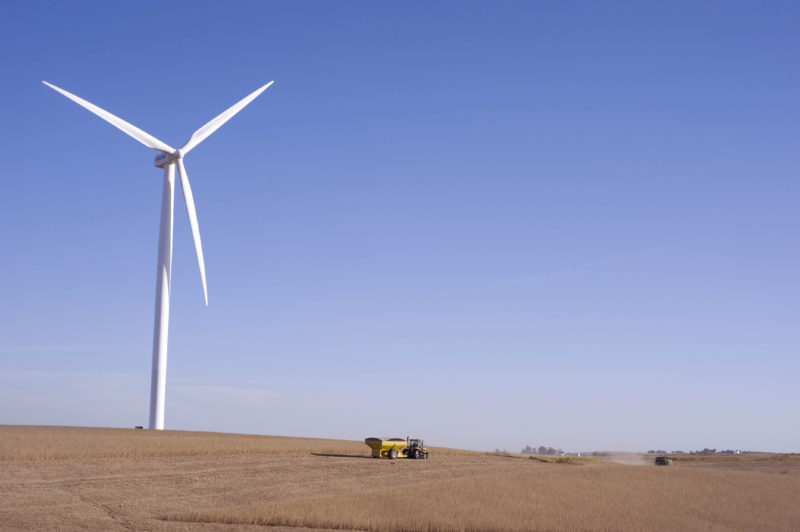The company behind the proposed Grain Belt Express project announced a new initiative with the wind energy transmission line Thursday: rural broadband expansion.
Invenergy said it would include broadband infrastructure along the transmission line that will run through eight counties across Missouri. The addition of the infrastructure — a “first of its kind” project for Invenergy, a representative told The Missouri Times — would expand broadband service to about 1 million rural Missourians, the company said.
The addition comes at no additional cost to taxpayers, Invenergy said. An internet service provider has not yet been chosen for the project.
Approximately 250,000 rural Missouri households, schools, and hospitals within 50 miles of the Grain Belt route do not have broadband access and would benefit from this inclusion, according to Invenergy.
“We are very invested in the communities where we develop and build projects and where Invenergy employees live and work,” Invenergy spokeswoman Beth Conley said. “Broadband is a natural fit for this project and, working with local internet service providers, we are pleased to add it to the list of benefits Grain Belt Express will deliver to Missouri.”
Invenergy said it would seek permission from landowners to consolidate the broadband infrastructure in project easements along the route already approved by the Public Service Commission (PSC).
About 20 percent of Missourians do not have access to high-speed internet, Tim Arbeiter, director of Missouri’s Broadband Development, told The Missouri Times last year.

The transmission line is expected to deliver about 4,000 megawatts of renewable power and clean energy to about 1.6 million homes per year from Kansas and create new jobs in Missouri — both permanent and temporary.
The project has caused controversy among landowners that has spilled into the General Assembly. One main opposition to the Grain Belt hinges on eminent domain, and the Missouri House has already passed legislation that would deny the use of eminent domain for the construction of the Grain Belt.
Missouri Farm Bureau President Blake Hurst has lambasted the PSC’s approval of the project, saying it “sets precedent for private companies to buy land on the cheap and profit at the expense of Missouri citizens.”
In December, an appeals court decided the PSC did have authority to approve the certificate of convenience and necessity for the project.

Kaitlyn Schallhorn was the editor in chief of The Missouri Times from 2020-2022. She joined the newspaper in early 2019 after working as a reporter for Fox News in New York City.
Throughout her career, Kaitlyn has covered political campaigns across the U.S., including the 2016 presidential election, and humanitarian aid efforts in Africa and the Middle East.
She is a native of Missouri who studied journalism at Winthrop University in South Carolina. She is also an alumna of the National Journalism Center in Washington, D.C.
Contact Kaitlyn at kaitlyn@themissouritimes.com.

















